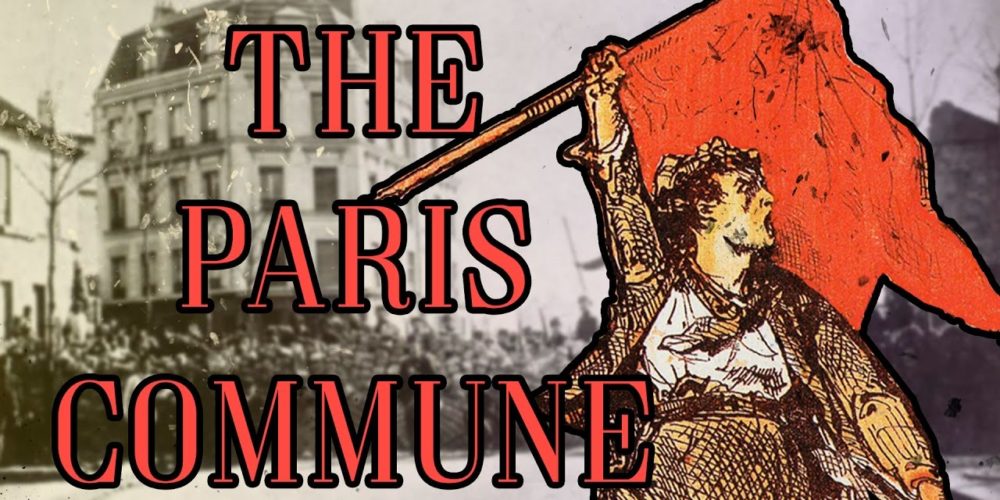Among other brutal passings, going into May we pay tribute to Marx’s one and only paramour: the Paris Commune. “Its martyrs are enshrined in the great heart of the working class,” declared Marx, while Connolly, thirty years later, argued: “The Commune, if it had been successful, would have inaugurated the reign of real freedom the world over—it would have meant the emancipation of the working class.”
However, it wasn’t successful, nor was Éirí Amach na Cásca in 1916, nor was the civil unrest and flowery revolts in the 1960s and 70s, nor the economic hardships of the 1980s or 2008; and we have to accept that the covid-19 pandemic (and resulting economic crash) may not result in a successful workers’ revolt either.
It shocked me when I first heard of the “I told you so” hubris of many educated Marxists who believed the 2008 financial crisis would mark the beginning of the end of capitalism—a phrase now being echoed the world over: that during the lowest union density and class-consciousness in a century the keys to the castle would be handed over to the workers, while (primarily unknown and irrelevant) socialist groupings would be crowned the vanguards of the people.
I was too young to experience this ego trip at first hand. Millennials like myself were busy being soothed by teachers and parents, told that by the time we left third-level education “the crash would be over.” The reality was made all the more difficult to process as friends and family left for Australia or the Continent, or just outright left this world entirely. This teenage fool’s paradise wasn’t all that different from the celebratory well-read left.
From exhaustion to affecting sleep and leading to anxiety, lying or dramatising the facts has a variety of negative effects on the mental well-being and morale of anyone involved. There’s no doubt that burnout followed a lot of activists who bathed in the pipe dream of an “inevitable” revolution that never came in the 2010s. We saw directionless Occupy Movements come and go, a surge of Anonymous and cyber-activism; yet here we are, with little or nothing to show for it. The Irish Water movement made some strides in proving that the people had power when they demanded it; but unions and the working class remain largely unchanged. The covid-19 pandemic shouldn’t be treated with the same armchair optimism as 2008.
There’s no doubt that Connolly took great inspiration from workers in Paris. His studies on urban warfare resulted in barricades being erected in Talbot Street, O’Connell Street, North King Street, and Mount Street Bridge, no doubt influenced by his direct communications with Commune veterans. Yet, just like the Paris Commune, his efforts in connecting socialism with relevant anti-imperialist trends, his education through the Irish Socialist Republican Party and his trade union work are often overshadowed in the hearts and minds of many of his followers.
The Commune’s manifesto stated: “The proletarians of Paris, amidst the defeats and treasons of the ruling classes, have understood that the hour has struck for them to save the country by taking into their own hands the direction of public affairs.” Has the recent crisis offered an “hour” of our own, or does our fetishisation of street fighting and martyrdom hold back a real understanding of Paris, 1871, Dublin, 1916, or the importance of a modern, educated and trusted movement?
The Paris Commune was sparked when landlords and bankers came looking for accrued rents and debt that had been frozen during an emergency—a situation we may find ourselves in yet again following the current quarantine period. It must not be forgotten, however, that just a few decades before, under the military rule of Emperor Napoleon III, the status quo seemed unshakable, like today; yet economic exhaustion and a revival of the labour movement changed everything. We may have the former, but are we ready with the latter?
“And as we are considering the material left in Ireland . . . it is incumbent upon us to consider what provision is now made for the physical and intellectual growth of the Irish workers—these workers who have to bear the burden of the present system, and whose children will have to build and shape the future.”
James Connolly






